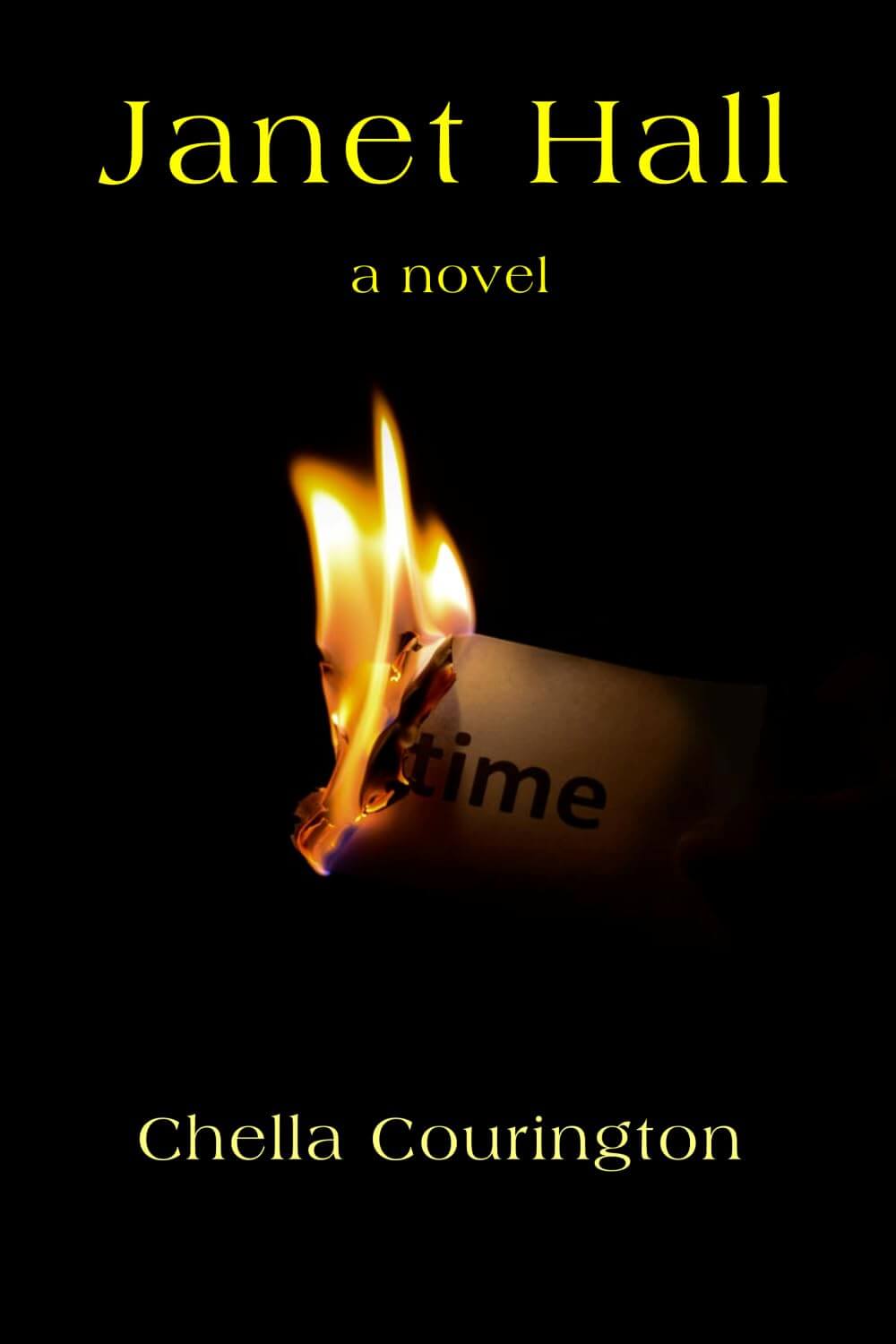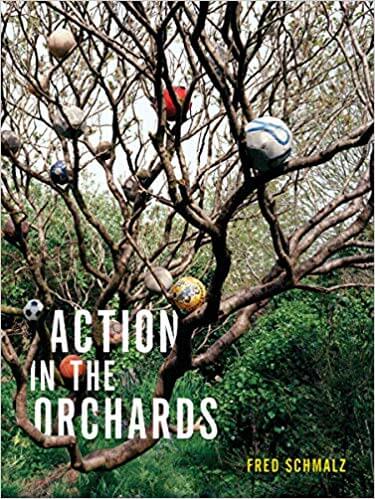
Review
Chella Courington’s Janet Hall
Review by John Brantingham
All Things That Matter Press
ISBN: 979-8989451364
Chella Courington’s Janet Hall explores the dynamics of a life-long romantic relationship between Jacob and Janet Hall, two people who have a difficult time simply getting through life. Jacob is a writer and professor, and Janet Hall is a professor. They are married when they are young, and although they get divorced and Jacob remarries, they stay close. Janet is the only person Jacob trusts to edit or show much of his work. They maintain a sexual relationship, too, although Janet lives in Alabama and Jacob lives in Illinois. One night, Jacob calls Janet, and they argue. The next day, Jacob is dead, and Janet feels she might be to blame. This is a love story about how people who are very damaged can relate to each other, but underlying all of this tension, for me, are truths that are not spoken of enough. These are not people who simply happen to be writers and English professors and are also damaged. This is the story of two people driven to write in a quest to heal and whose problems are exacerbated by a damaging academic lifestyle. Courington’s characters perfectly capture the pain that often drives the people who live this lifestyle. As an academic who is also a writer, Janet Hall unnerved and captivated me with its direct honesty.
What drives much of the tension of the novel is the fact that both Janet and Jacob Hall are in deep pain and cannot connect with each other or other people generally; Courington’s subtext seems to be that people are often driven to writing as a way to exorcise their emotional demons or deal with untreated mental illness that they do not fully understand. In Jacob’s case, the writing seems to hinder his emotional growth instead of helping it. He becomes less able to communicate with others as he ages, less able to emote. When Janet calls him, he complains about the nature of his failure as a writer. He meditates on what he means by “failure:”
I’ve heard all of this time and again. His ‘failed’ career includes literary prizes, a New Yorker story, and a collection of short stories all by the age of thirty with a fresh Ph.D. — enough to carry him through tenure. Then no more books. No short story collections. No novel. Just well-crafted stories that became less and less frequent as his early confidence — really arrogance — melted away like glaciers to global warming and his dependence on me grew and grew (5).
He is successful by all measures but his own. His crippling insecurities turn every success into a failure in his eyes. He is a great writer, but all he can see is that he is not great enough. In the end, Janet meditates on all the self-destruction meant to soothe his insecurities.
Why Jacob? Why did his heart betray him? He was only sixty-six years old and on the brink of starting over with me. He never showed any sign of heart problems that I know of. He drank too much bourbon and smoked too many cigarettes. Are they why he left so early? Or did I send him away? Were my words the tipping point? Did I push him into his grave (73).
Like Jacob, she is all too self-critical, thinking that maybe she was the proximate cause of his death. Her belief that she might have done this is nearly as arrogant and self-critical as his belief that no matter what he did, he could never measure up to the potential of his greatness. Both are caught in a trap of emotional self-indulgence that their writing allows them to wallow in. Courington is both critical and compassionate toward them, showing their flaws but also giving them humanity. This is the way that artists often harm themselves.
One of the factors that further exacerbates their emotional and psychological problems is that they live academic lives; Jacob and Janet are typical writers who take academic positions in that they are overwhelmed by the endlessness of their teaching assignments or do a shoddy job. In Jacob’s case, he seems to have been overwhelmed to the point that he can’t do his writing and treated his teaching shoddily. He also holds himself to a high standard in the academic field, even when he is just a student. If he is not perfect, he sees himself as a failure. Janet talks to one of his former professors, who talks about him as a student.
“Was Jacob a confident student?”
“Yes and no. Always wanted his work perfect.”
Even then, I think (57).
Even then, he needed to be a great writer and academic. Even then, the critical eye of the academy overwhelmed him. The ritual of gaining tenure and building an academic career digs into those frustrating places of hopelessness and emptiness inside him. They help to develop a personality that is all too vulnerable and a person who cannot see beyond his negative self-view.
Janet Hall has much to recommend it. Courington’s language and sense of place in this Southern town are brilliant, but as someone who has lived this lifestyle for my entire adult life, her characterization is where she shines. I know these people. They are accurately and expertly written. I normally do not like stories of writers or educators. The discussion of them is often overly simplistic to the point of being insulting, but Janet Hall is nuanced and varied.
About the Author
John Brantingham is currently and always thinking about radical wonder. He is a New York State Council on the Arts Grant Recipient for 2024, and he was Sequoia and Kings Canyon National Parks’ first poet laureate. His work has been in hundreds of magazines and The Best Small Fictions 2016 and 2022. He has twenty-two books of poetry, nonfiction, and fiction.



